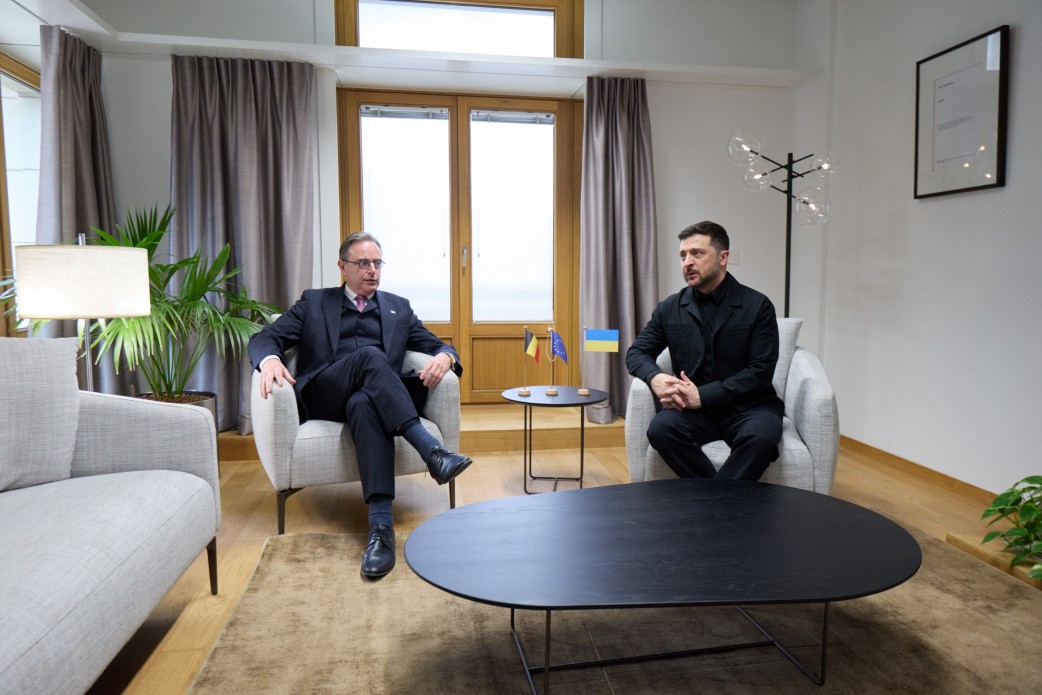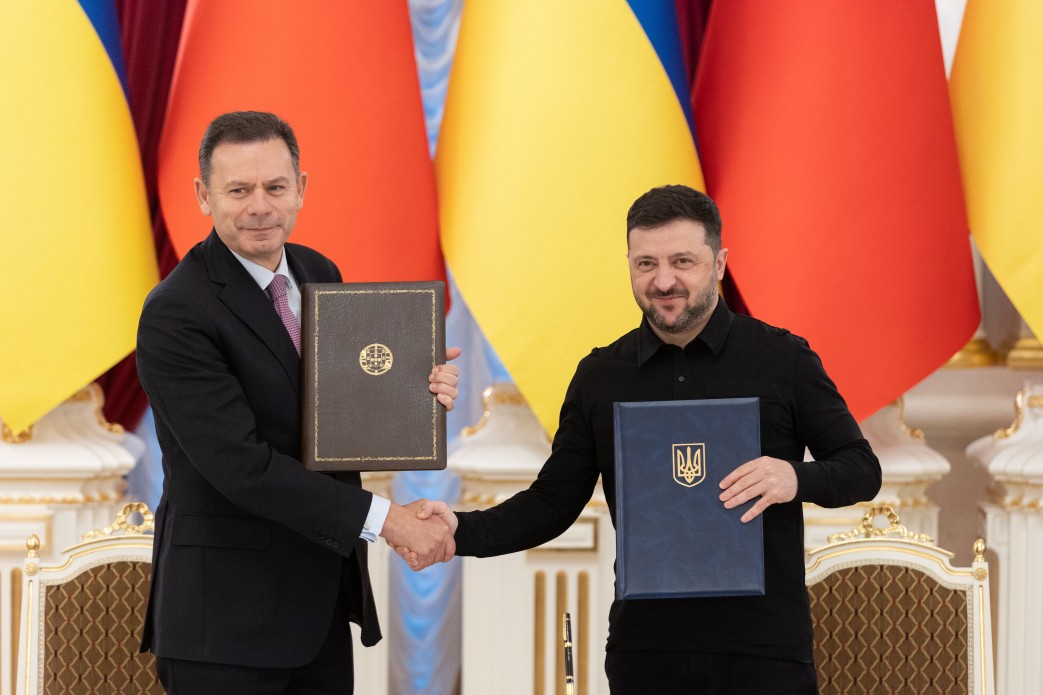The Royal United Services Institute for Defence and Security Studies (RUSI) in Britain is calling for stricter penalties for intermediaries, including lawyers, accountants, real estate agents, and financial managers, who help individuals on international blacklists bypass imposed restrictions. Analysts from the RUSI analytical center analyzed over a hundred investigations into cases of sanctions evasion by citizens of Russia and Belarus, devising recommendations for international bodies responsible for sanction regulations, as reported by OCCRP.
Assets of sanctioned individuals are often concealed behind complex corporate structures.
As part of the Cyprus Confidential project, journalists discovered that Roman Abramovich holds around two billion dollars in Swiss banks Credit Suisse and UBS, as well as the British Barclays. To conceal this, Cypriot corporate services provider MeritServus created a chain of offshore companies, trusts, and corporate structures.
In June 2022, the US Treasury froze the assets of Russian oligarch Suleiman Kerimov, against whom the country imposed sanctions in 2018. It was revealed that in 2017, he funneled over a billion dollars through a "complex chain of legal entities and nominees" into a trust in Delaware, and then invested these funds in US markets.
Some prefer transferring assets to trustees or relatives.
Russian businessman Arkady and Boris Rotenberg, friends of Vladimir Putin, received help from Russian business associates and hired Western professionals — from lawyers to bankers and asset managers — to protect their assets. Trusted individuals were involved in the scheme, including a bodyguard, trusted employees, and an alleged mistress.
One of Alisher Usmanov's sisters, Saodat Nurzieva, a gynecologist from Tashkent, was listed as the beneficial owner of 27 accounts at Credit Suisse, through which billions of dollars flowed. Most of them were associated with Usmanov's business empire.
Golden passports are also used to circumvent sanctions.
Last year, journalists identified the names of several thousand buyers of Dominican "golden passports." Among them were two Russian billionaires of Azerbaijani origin who fell under sanctions after the onset of the full-scale war in Ukraine.
The US imposed sanctions last winter on ten individuals accused of leading a group formed to circumvent the ban on arms trading with Russia. OCCRP learned that in 2016, five of them obtained EU citizenship by acquiring "golden passports" from Cyprus.
Oligarchs also reduce their official stakes in enterprises to shield them from sanctions.
Usmanov, for example, officially holds only a 49% stake in his key business conglomerate, USM Holdings — slightly below the sanctioned threshold. The remaining part belongs to numerous secret offshore companies, business partners, and relatives.
Intermediaries assist Russian oligarchs and politicians in acquiring or registering assets in jurisdictions with low levels of financial transparency. The Russian Asset Tracker project has identified numerous villas, yachts, and airplanes held by Russian oligarchs in offshore locations worldwide, including Bermuda, the Cayman Islands, Cyprus, Dubai, Luxembourg, Switzerland, the British Virgin Islands, and the Isle of Man.
RUSI has prepared recommendations for international authorities responsible for enforcing sanction regimes.
- Strengthen penalties for professional intermediaries assisting sanctioned individuals in bypassing imposed restrictions. Pay particular attention to those operating in jurisdictions friendly to Russia.
- Enhance international coordination in the enforcement of sanction legislation.
- Impose restrictions on all relatives of sanctioned individuals to minimize the risk of asset transfer.
- Publicize information about all assets of individuals on blacklists, including real estate, yachts, artworks, or legal structures.
- Close legislative loopholes regarding the activities of professional intermediaries.
- Increase pressure on countries facilitating sanctions evasion, such as Cyprus, the British Virgin Islands, the UAE, and Turkey.
- Strengthen control over "golden" passports and visas.
- Share unclassified information with journalists and civil society.
- Enhance protection against strategic lawsuits against public participation (SLAPP), which are often aimed at journalists and human rights activists.
- Make beneficial ownership registries publicly accessible.





















